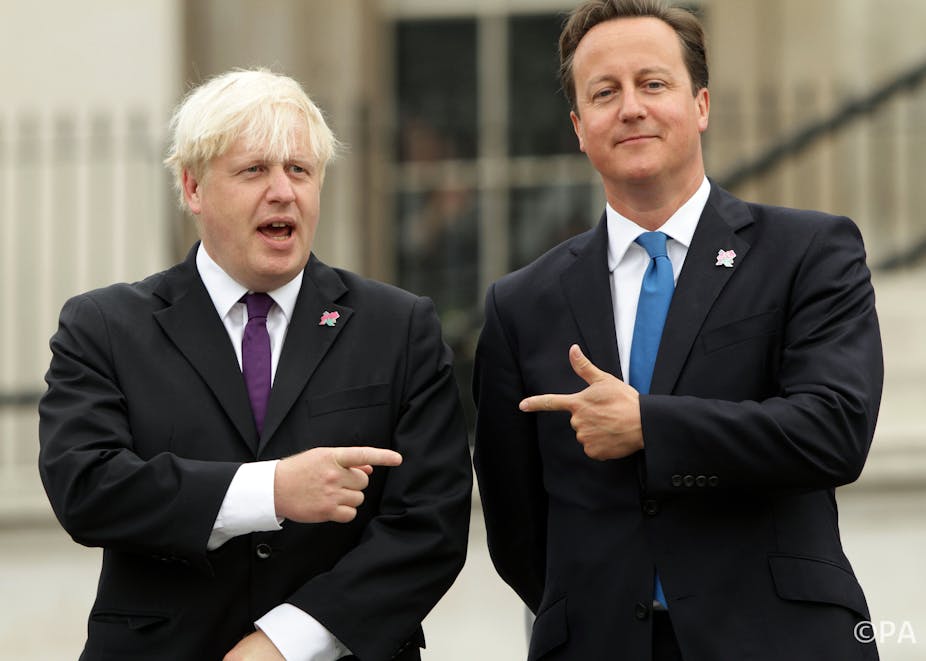If the most recent polls are to be believed (and as we all know, that’s a very big “if”), the result of the EU referendum is likely to be very close. But what happens if it’s a dead heat?
Statistically this is of course highly unlikely, but it’s not impossible. It’s more plausible that the difference between the two camps is just a handful of votes. The question is: how close would the result have to be to trigger a recount?
There is, perhaps surprisingly, no simple answer to this question. The general rules of the game are set out in the EU Referendum Act 2015, and there are specific regulations for conducting the poll. As for all elections in the UK, counting officers are responsible for the votes cast in their voting area and specific guidance rules for this referendum have also been published by the Electoral Commission.
There will not be a national-level recount if the result is close but there can be local-level recounts at any of the 382 counting areas.
Accurate local totals for each voting area are therefore fundamental to a clear result in which voters can have confidence, and counting officers will no doubt be painfully aware of the pressures on them to get things right.
So, what if the vote is locally safe but nationally extremely close?
Overseas voters
If this scenario does play out, overseas voters might just make the difference.
In the 2015 UK general election, there were many reports and complaints to the Electoral Commission relating to various problems with overseas postal votes. Some never arrived, or arrived late, meaning that many overseas voters’ ballot papers were either lost or not counted.
If a significant number of overseas votes were to be similarly lost in the referendum, this could lead to legal challenges and petitions for judicial review by militant expats still smarting from the recent unsuccessful attempt to have overseas voting rights in this referendum extended to all British nationals resident in the EU regardless of when they left the UK. Under current rules, overseas nationals can only vote if they have been registered to vote in the UK within the past 15 years.
Any such legal challenges would obviously prolong and deepen the sense of political uncertainty which would necessarily flow from a very close result. But could it also make a difference to the final outcome?
There were 105,845 registered overseas voters in 2015, and the figure could well be higher for the referendum, given the high stakes for the 1.2m-2m British nationals estimated to be resident elsewhere in the EU. The potential impact is clear.

But since British overseas electors are dispersed across the various constituencies in which they are registered (based on their last UK address), there is no easily measurable “overseas vote”, such as in countries where overseas voters have separate registration, like France or Italy, where they can potentially tip the final outcome.
If it were somehow possible to identify British overseas voters collectively at national level, it would be tempting to assume that (for those resident in the EU at least) the vote would be overwhelmingly to remain in the EU. Legal challenges regarding any lost votes would presumably have to be made individually at local level, with the collective aim of producing a multiplier effect that could clinch the result.
That would be a difficult task though. And, given the problems for overseas voters recorded in 2015, and no doubt mindful of the potential consequences for the referendum vote, the Electoral Commission has taken measures to avoid similar issues in this referendum. Electoral authorities have been encouraged to prioritise overseas voters in sending out ballot papers early. So it may be that there is nothing, or at least little, to contest.
Whatever the outcome, let’s hope there is a clear result one way or the other – though even this may not in the long term resolve Britain’s very uneasy relationship with the EU.

